- Priscian, Answers to King Khosroes of Persia
- Aristotle Transformed, 2nd edn, with a new introduction by Richard Sorabji
- Aristotle Re-Interpreted
|
Now published, three new volumes for this year:
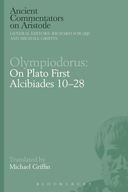 We are pleased to announce the publication of the first of four volumes due out this year: Olympiodorus, On Plato First Alcibiades 10-28, by Michael Griffin. Three further volumes are all now in proof stage and will be published over the Summer. For further details see the Spring 2016 Newsletter, available here. We are pleased to note a recent critical review entitled ‘Philoponus and His Development: Four Recent Translations on Nature, Knowledge, and the Physical World’ in The International Journal of the Platonic Tradition 9 (2015), 89-98, by Gary Gabor [DOI: 10.1163/18725473-12341302].
‘The quality of both the translations and the notes of all four volumes is very high […] all make substantial and valuable scholarly contributions in their notes and translations of the texts.’ ‘The richness and variety of Philoponus’ intellectual interests and abilities as a philosopher and commentator are all ably displayed in these four volumes. The editors and translators of each volume are to be thanked and commended for their service in making these translations available.’
An annotated bibliographical guide to the Ancient Commentators on Aristotle is now available online via Oxford Bibliographies in Classics (requires subscription).
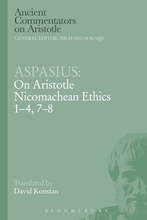 We have been looking forward to the publication of the Ancient Commentators on Aristotle series in paperback for a while and, according to Bloomsbury's website (e.g. here), they are officially published in paperback today. A quick glance at Amazon's website (e.g. here) suggests that a number of volumes in paperback are available and in stock. The latest issue of Classical Review includes a review of Victor Caston's translation of Alexander of Aphrodisias, On the Soul, Part I, which is described as "a major contribution to the series as well as to studies on Alexander" and "a valuable work that cannot but be praised". Read the full review here.
|
Archives
August 2022
Categories |
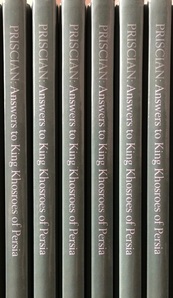
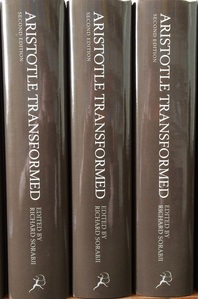
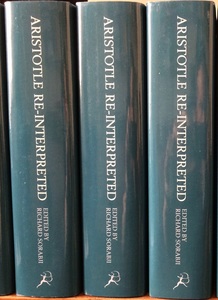
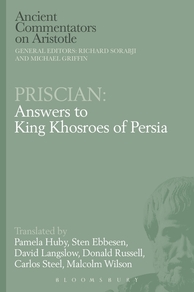
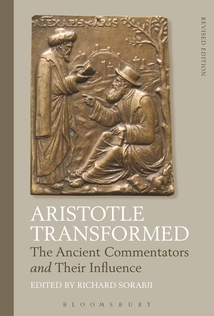
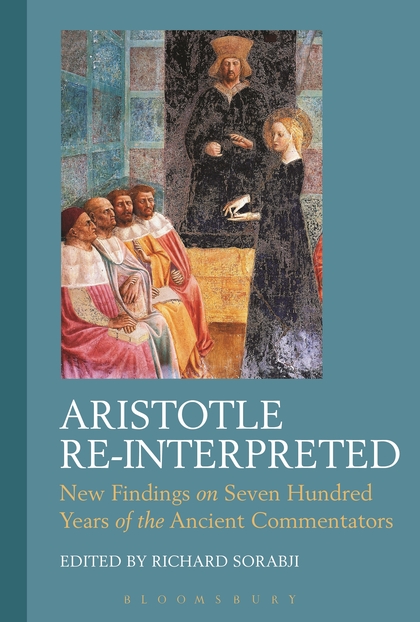
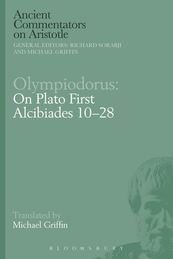
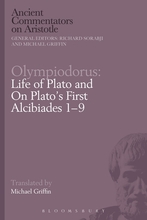
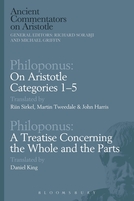
 RSS Feed
RSS Feed
